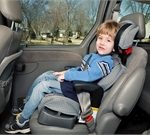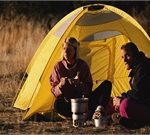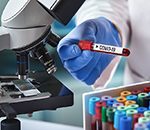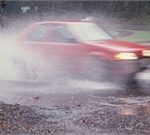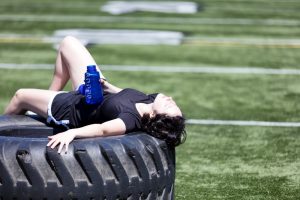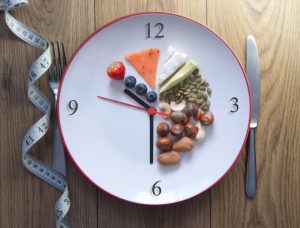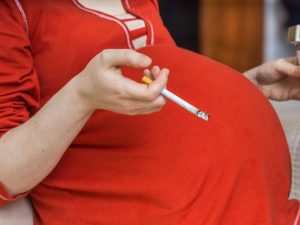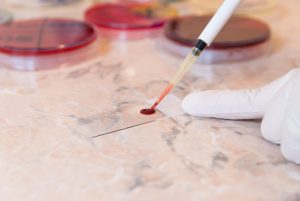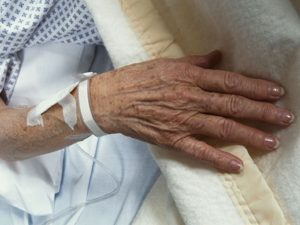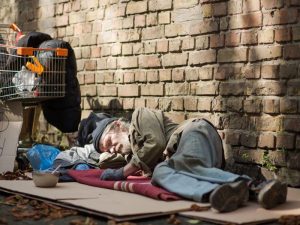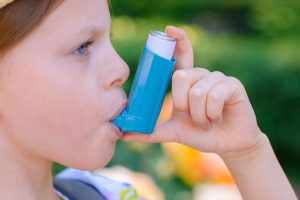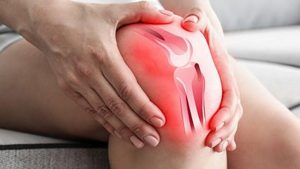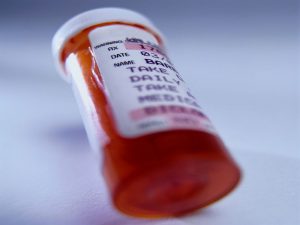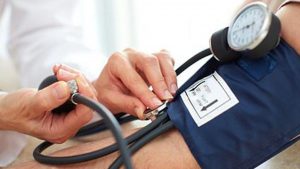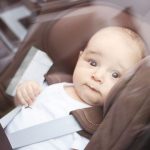
Puffy coats have their place, but it’s not inside a car seat. The American Academy of Pediatrics (AAP) offers a variety of tips for keeping your little ones safe and warm while traveling by car. The first is to avoid dressing children in puffy coats or snowsuits before buckling them in, because car seat straps won’t tighten enough. That creates a danger that the fluffy padding will flatten in the force of a crash and the youngster will slip from the seat and be thrown from the car. Puffy coats are not safe in a car seat or under a seat belt for someone of any age, the AAP said. “Parents may not recognize the potential danger of buckling up a child who is wearing a puffy coat,” said Dr. Sarah Denny, a pediatrician with expertise in injury prevention. “A car seat harness or belt needs to fit snugly enough so that you cannot pinch the straps of the car seat harness. A safer alternative is to drape a blanket or coat over the car straps.” The AAP offers additional tips, including staying warmer by storing the carrier portion of an infant seat indoors and packing extra socks, mittens and hats. If your child likes to suck his or her thumb, choose half-gloves with open fingers. Dress your child in thin layers. This would include… read on > read on >











